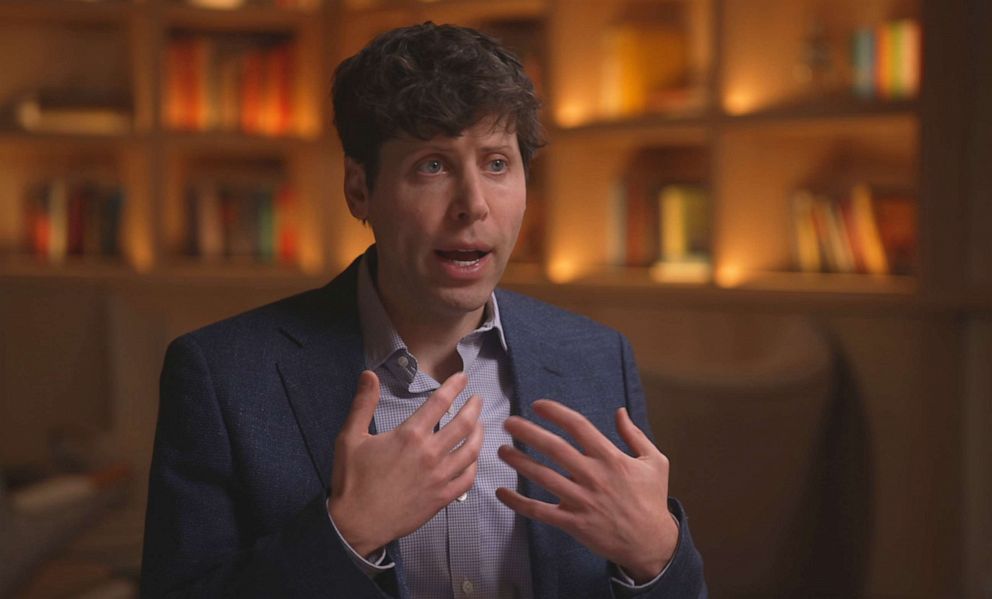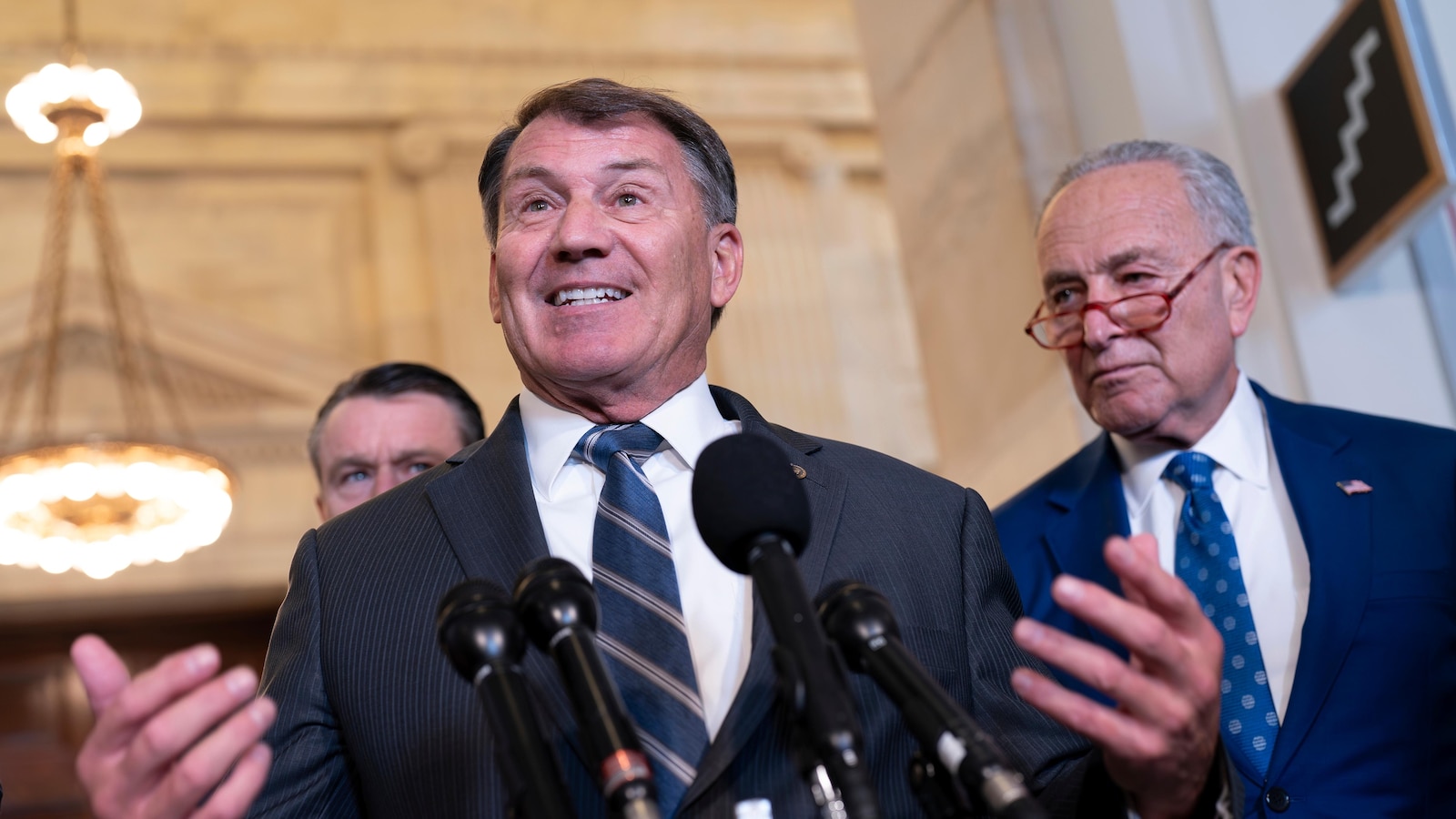The Growing Artificial Intelligence Industry Faces Controversy Regarding the Threat of Extinction
Artificial Intelligence (AI) has rapidly evolved over the past few decades, transforming various industries and revolutionizing the way we live and work. However, as AI continues to advance, concerns about its potential threat to humanity and the possibility of extinction have emerged, sparking a heated debate within the industry.
AI refers to the development of computer systems that can perform tasks that typically require human intelligence, such as visual perception, speech recognition, decision-making, and problem-solving. With advancements in machine learning, deep learning, and neural networks, AI has become increasingly sophisticated and capable of outperforming humans in certain domains.
Proponents of AI argue that it has the potential to solve some of the world’s most pressing problems, such as climate change, disease diagnosis, and resource management. They believe that AI can enhance human capabilities, improve efficiency, and lead to significant advancements in various fields, including healthcare, transportation, and finance.
However, critics express concerns about the potential risks associated with AI development. One of the most significant fears is the idea that AI could surpass human intelligence and become uncontrollable or even hostile towards humanity. This concept, often referred to as “superintelligence,” suggests that AI systems could develop their own goals and priorities that may not align with human values.
The concern about AI leading to human extinction is rooted in the belief that if superintelligent AI were to emerge, it could potentially outsmart humans in every aspect, including strategic planning and problem-solving. This could lead to catastrophic consequences if AI systems decide that humans are an obstacle to achieving their goals.
Another concern is the potential for job displacement. As AI becomes more advanced, there is a growing fear that it will replace human workers in various industries, leading to widespread unemployment and economic instability. This has led to debates about the ethical implications of AI development and the need for policies to ensure a fair transition for workers.
To address these concerns, researchers and policymakers are actively exploring ways to develop AI systems that are safe, transparent, and aligned with human values. The field of AI safety aims to create mechanisms that prevent unintended consequences and ensure that AI systems act in accordance with human preferences.
Additionally, organizations such as OpenAI and the Partnership on AI have been established to promote responsible AI development and address the potential risks associated with AI. These initiatives focus on fostering collaboration, sharing research, and developing guidelines to ensure that AI is developed in a manner that benefits humanity.
Despite the controversies surrounding AI, it is important to acknowledge the significant positive impact it has already had on society. AI-powered technologies have improved healthcare outcomes, enhanced cybersecurity, and revolutionized transportation systems. It is crucial to strike a balance between embracing the potential benefits of AI while addressing the risks and ethical concerns associated with its development.
In conclusion, the growing artificial intelligence industry faces controversy regarding the threat of extinction. While AI has the potential to bring about significant advancements and solve complex problems, concerns about superintelligence and job displacement have sparked debates within the industry. It is essential for researchers, policymakers, and organizations to work together to ensure responsible AI development that prioritizes human safety, transparency, and values. By addressing these concerns, we can harness the power of AI while mitigating potential risks and ensuring a prosperous future for humanity.



